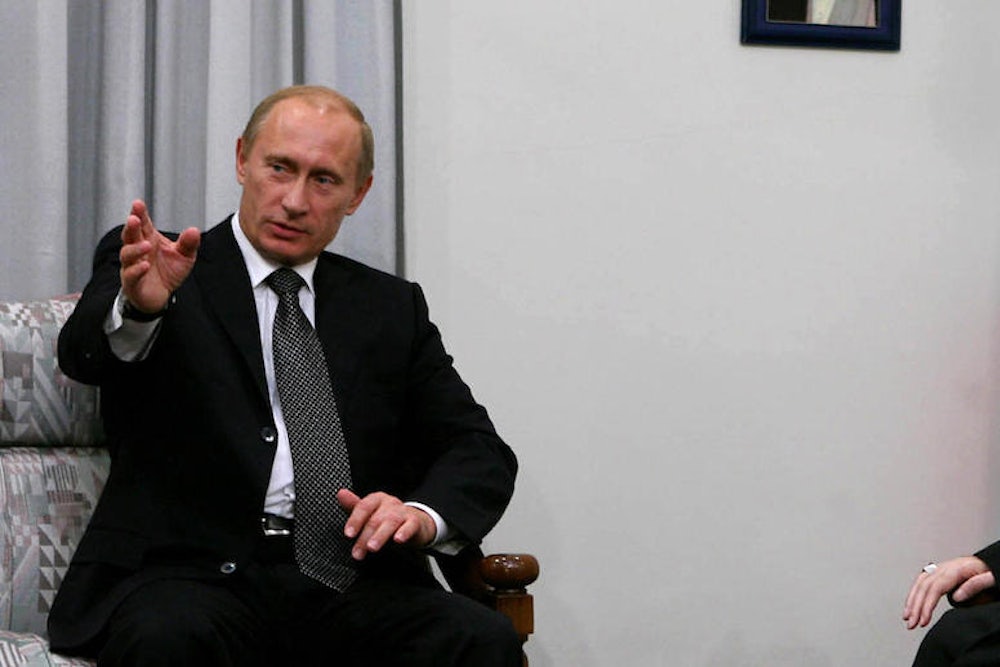What can and should the United States do about the apparent de facto Russian annexation of the Crimea and the real possibility that it will move to exert effective control of at least parts of eastern Ukraine? If the goal is to significantly affect events on the ground in the short term, then the short answer is that nothing Washington can realistically do is likely to have much effect. Force is clearly off the table, as well it should be, which makes the welter of suggestions that there should be shows of force such as U.S. naval exercises in the Black Sea, the deployment of missiles in the Czech Republic, and the beefing up of NATO forces on the Polish-Ukrainian border, seem as unserious as they would be costly. Yes, the United States can impose unilateral sanctions and freeze some bank accounts, but Europe is unlikely follow in any serious, prolonged way for the simple reason that major nations in the E.U., above all Germany, are at least as dependent on Russia economically as Russia is on them.
To me, the more interesting question is why in 2014 the conviction persists among much of the policy establishment that the wishes of the United States should prevail everywhere in the world, including in a region bordering on Russia? Is it because people in Washington believe that the march of liberal capitalist democracy across the world is inevitable—Fukuyama’s "End of History," and all that? At the very least, the consensus seems to be that Russia’s actions were the direct result of American weakness, or, more precisely, the Obama administration’s fecklessness. The possibility that they were, instead, the result of Russian strength must be simply too horrible to contemplate.
It’s an old Washington trope, this "Who lost _____?" In the case of the Crimea, the accusations have already begun to fly thick and fast. Asked on CNN Sunday what he would do, Senator Lindsay Graham replied, “I would like to tie a democratic noose around Russia.” Presumably he meant granting NATO membership to Georgia, and making as many forward deployments of NATO ground, air, and missile forces along the Russian border. If the senator imagines this will make Putin back down, he’s an idiot; if he thinks that should Russia persist, those forces should be used, he’s a monster.
My own intuition is that the storm over Ukraine is actually mostly a displacement of the Iran debate. It seems inexplicable otherwise: a Russian takeover of the Crimea, where the Russian Black Sea fleet already was based and came and went as it pleased, changes nothing about the geo-strategic calculus in the region. What makes a bit more sense is that those who believe that Iran will never relinquish its nuclear weapons program and that, sooner or later, the U.S. must grasp the nettle and launch military strikes, look at American impotence in Ukraine and worry it’s a harbinger of the future. For Simferopol, read Natanz.
David Rieff’s most recent book is Against Remembrance, a critique of political memory.
